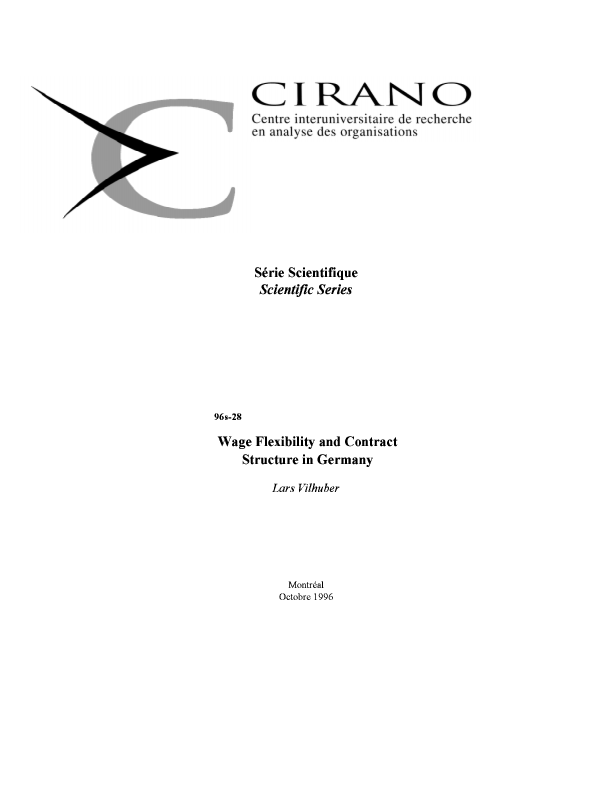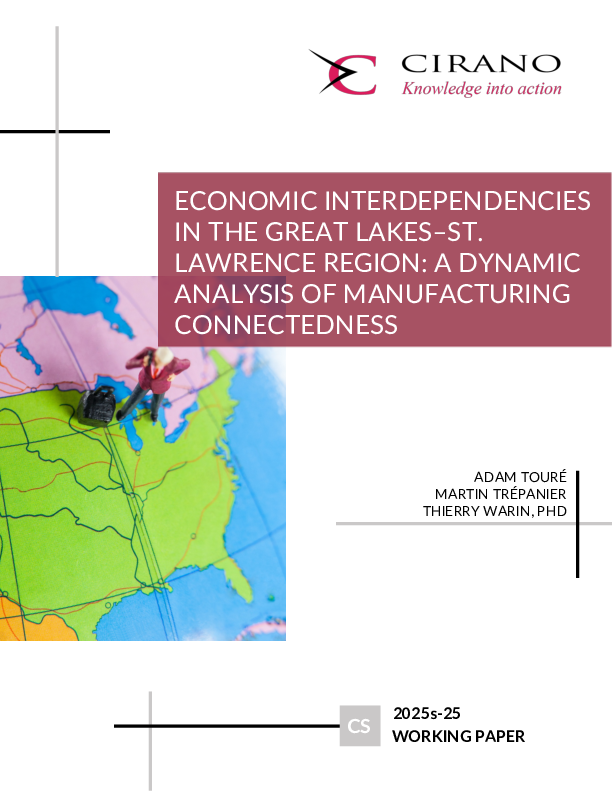Wage Flexibility and Contract Structure in Germany
In this paper, we look at how labor market conditions at different points during the tenure of individuals with firms are correlated with current earnings. Using data from the German Socioeconomic Panel on individuals for the period 1984 to 1994, we find that both the contemporaneous unemployment rate and prior values of the unemployment rate are significantly correlated with current earnings, contrary to results for the American labor market. We interpret this result as evidence that German unions do in fact bargain over both wages and employment, but that the models of individualistic contracts, such as the implicit contract model, may explain some of the observed wage drift and longer-term wage movements reasonably well. Furthermore, we explore the heterogeneity of contracts over a variety of worker and job characteristics. In particular, we find evidence that contracts differ across industries and across firm size. Workers of large firms are remarkably more insulated from the job market than workers for any other type of firm, indicating the importance of internal job markets.




